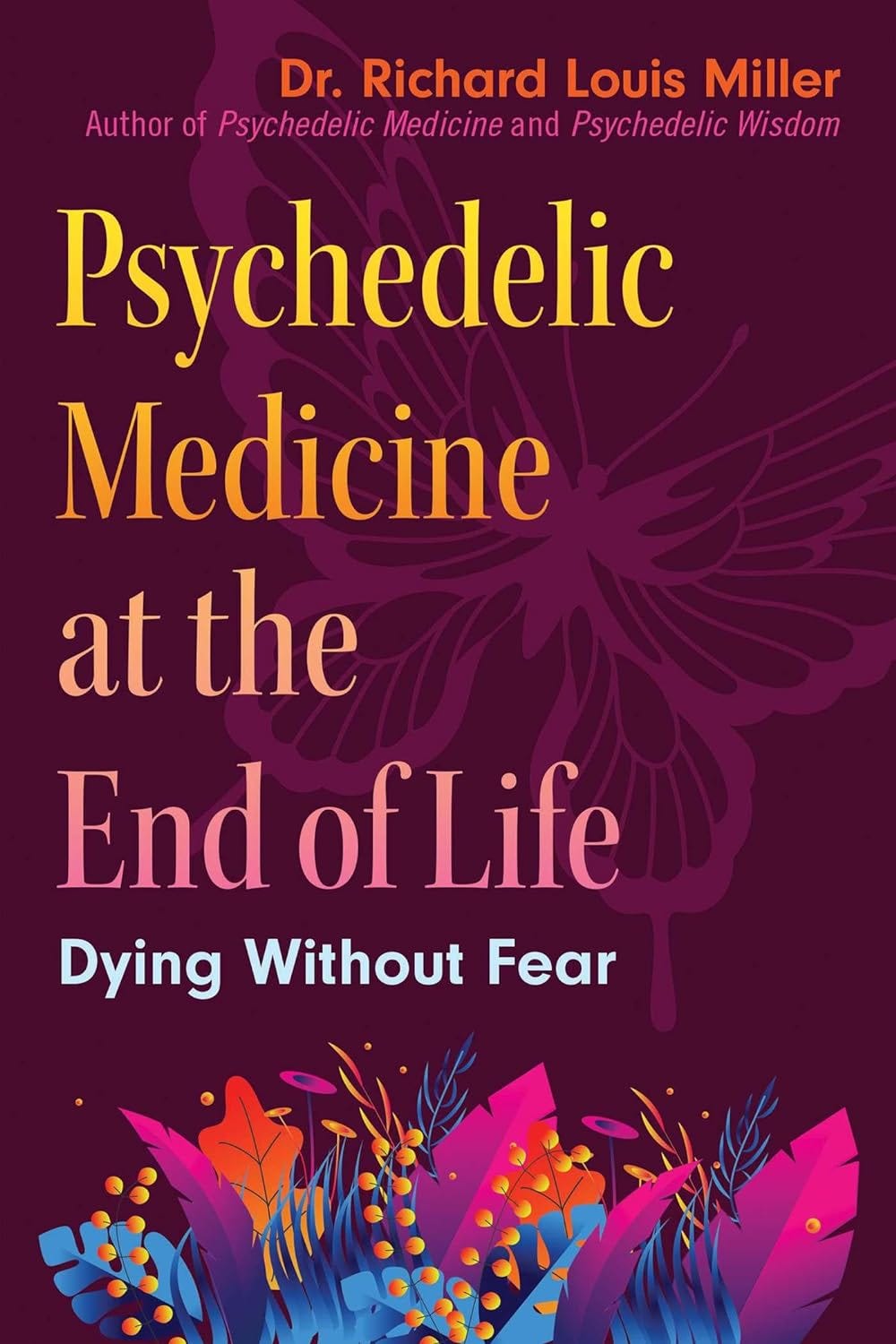From psychotherapist to 'influencer'
Sharing 64 years of wisdom
Dear Friends,
As you may already know, I am on my way to becoming what some call an “influencer” on Instagram where I have amassed over 3 million views and 47,000 followers in just a few short weeks.
Here's why: After 64 years of practicing psychotherapy, I've accumulated a number of life changing tools that people have found helpful. Based on the response so far, they are apparently resonating with my new audience. I intend to use this platform and others to share all of these tools with all of you, open source and free of charge. Nothing to mail in – no box tops, money, or hidden fees.
Use these tools to enhance your life, to make yourself feel more optimistic, to deal with anxiety, depression, and mental conflicts, and to learn how to get healthy.
I hope you will benefit from this message—my most popular post to date—which accounts for 1.8 million views alone.
If you’re not on Instagram, please connect with me on LinkedIn, YouTube or Facebook, where I will be looking to you for inspiration on my next content. If my message resonates, share the video above with a friend or forward this email. Then, “DM” (direct message) me or comment on the post with your questions.
For those of you who are not on social media at all, this weekly digest email will summarize my activity across all platforms. You can also share your questions as a comment on this post.
Until you send them to me, I remain yours truly, Dr. Richard Louis Miller, reminding you that good health is worth fighting for, and is essential for life, liberty, and the pursuit of happiness.
Golden light,
Dr. Richard Louis Miller
News & Notes
Do dying people have a 'right to try' magic mushrooms? 9th Circuit weighs case (LA Times)
A doctor based in Washington, Dr. Sunil Aggarwal, has asserted his right to prescribe psilocybin under "right to try" laws. We can hope that the 9th Circuit Court will uphold Dr. Aggarwal's interpretation. Stay tuned for my interview with Dr. Aggarwal, and send me your questions to ask him next week via social media.
In my latest interview of Mind Body Health and Politics, Dr. de Wit of the University of Chicago shared fascinating insights on:
MDMA's unique effects on our sensitivity to negative emotions in other people’s faces
The dose-dependent effects of LSD microdosing on mood and cognition
The importance of controlled research to maximize benefits and minimize risks
Listen to her describe the hurdles she faced as a scientist in studying psychedelic compounds such as LSD:
This week, I’m inviting my listeners to share their most pressing unanswered questions about psychedelics. Send them via YouTube, or by commenting on this post.
A Page from My Book
The following is an excerpt from my forthcoming book, Psychedelic Medicine at the End of Life, now available for pre-order on Amazon.
Aldous Huxley, the renowned English writer, philosopher, and psychedelic explorer, spent the final months of his life in a state of unremitting pain and distress. In a letter to his brother Julian, Aldous’s wife Laura described her husband’s deteriorating condition and unceasing suffering in the days leading up to his death:
There is so much I want to tell you about the last week of Aldous’ life and particularly the last day. What happened is important not only for us close and loving but it is almost a conclusion, better, a continuation of his own work, and therefore it has importance for people in general.
When Laura wrote of the continuation of his work, she was alluding to her husband’s mission to aid humanity in “opening the doors of perception”—in large part through the conscious use of mind-altering substances.
Ten years after publishing his psychedelic autobiography The Doors of Perception, Huxley found himself on his deathbed. He had been battling laryngeal cancer for nearly a year, and despite rounds of treatments and a regimen of heavy medications, his condition continued to worsen. The disease had spread too far.
Huxley, who was unable to speak, scrawled a note on a tablet to his wife Laura, who was attending his bedside:
“LSD – try it. [Intramuscular] 100 micrograms.”
Huxley was asking Laura to administer him a sizable dose of his favorite psychedelic medicine to relieve his distress in a way the narcotics could not. He was hoping to gain “moksha”—a transcendent, mystical insight into the nature of existence—one last time before passing.
Though radical, Huxley’s request was not unfounded. He had spent decades researching psychedelic compounds and believed firmly in their potential for providing transcendence—even up to and including the passage into death itself. In his final moments, Huxley wanted to test this hypothesis for himself. His vision went far beyond his era’s thinking, yet he saw what we are now only beginning to grasp—that these powerful molecules may relieve anguish for the dying in a way conventional medicines can’t.
My Other Books
Freeing Sexuality: Psychologists, Consent Teachers, Polyamory Experts, and Sex Workers Speak Out
Psychedelic Wisdom: The Astonishing Rewards of Mind-Altering Substances
Psychedelic Medicine: The Healing Powers of LSD, MDMA, Psilocybin, and Ayahuasca
Integral Psychedelic Therapy (co-edited with Jason A. Butler & Genesee Herzberg)




